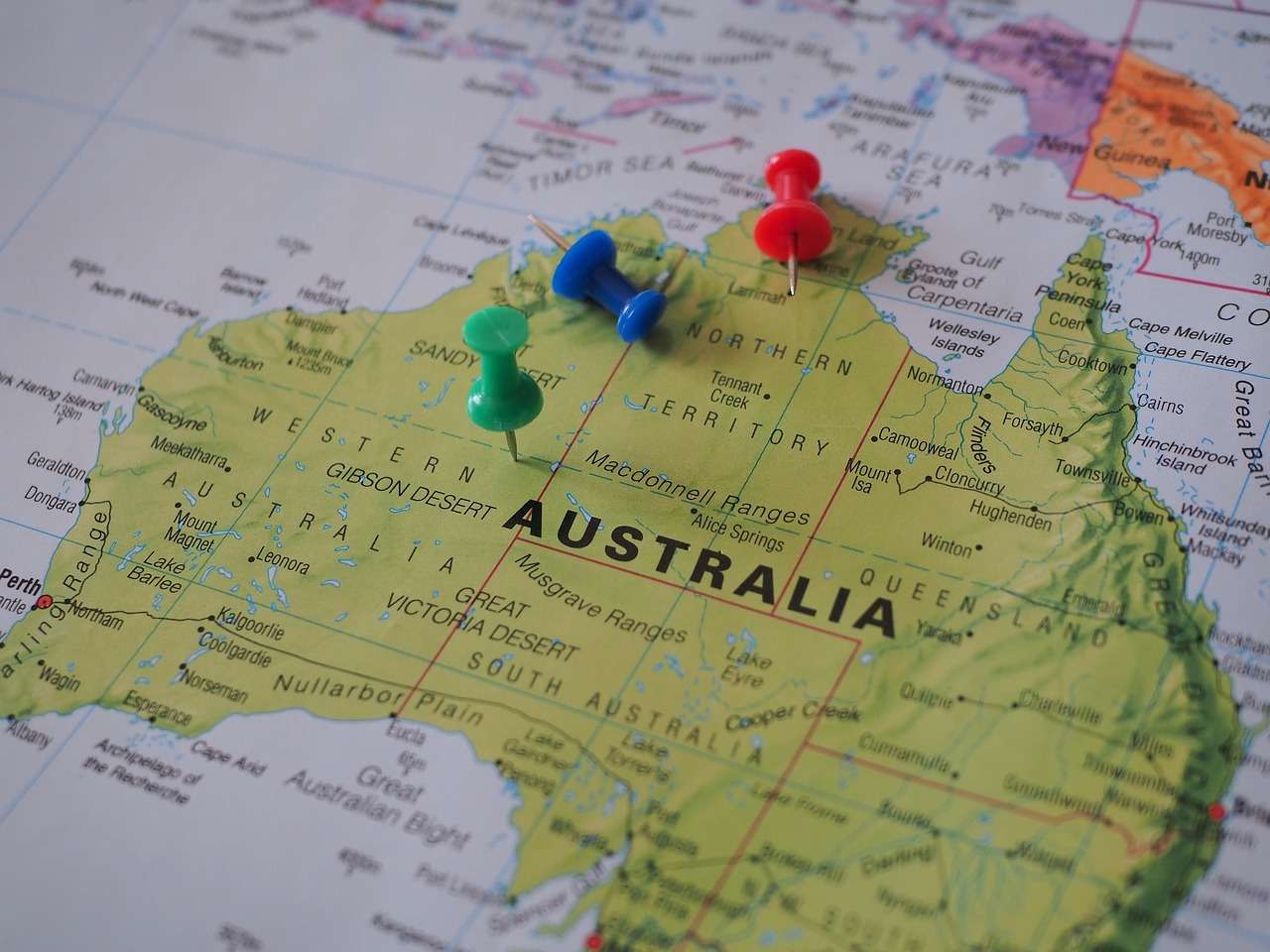The global economy is set for a rough year, and Australia has an important role in making things better.
With Donald Trump’s inauguration on January 20 and shifting trade policies in the United States, there is growing ocean of concern about worldwide economic instability and the potential for trade tensions.
So, what actions can Australia take to avoid the impacts of a trade war, while supporting a more sustainable future?
The answer on how to support the local economy in Australia, lies with individuals, businesses, and the government.
Everyone has a part to play in making Australia ‘great again’ (just kidding, see what I did there?) Here’s how:
How Individuals Can Support the Local Economy in Australia
Buy Local Products
One of the best ways to support Australia’s economy is to buy Australian-made products. Choosing local food helps create a sustainable food system, supports healthier diets, and reduces our reliance on imported goods (Carino et al., 2023). By shopping at farmers’ markets and looking for Aussie brands in supermarkets, we can help local businesses grow and become less dependent on imports for food and other essentials.
For example: We’ve started buying all our fresh produce at our local fruit shop (it’s walking distance!) We were genuinely shocked with both the quality and affordability. P.S. We live in a rural area in Far North Queensland, where it’s either scorching hot or pouring rain, so why not give it a try in your area?
Eat More Plant-Based Foods
Cutting back on meat and dairy (products we often import from the US) helps both the environment and our health. By choosing Aussie-grown fruits, vegetables, and plant-based alternatives, we can reduce our carbon footprint and boost local agriculture. Community-supported agriculture (CSA) programmes allow people to buy fresh produce directly from local farmers, reducing the need for imported food.
For example: If you want to join a Community Supported Agriculture (CSA) program in Australia, it’s pretty simple. First, find a local farm that offers a CSA. Then, pick how much fresh produce you’d like, decide how often you want deliveries, and pay either upfront or in smaller payments during the season. After that, you’ll get regular boxes of fresh fruit and veggies straight from the farm!
How Businesses Can Contribute to Economic Growth & Sustainability
Support Local Suppliers
Companies can help by sourcing products from Australian suppliers instead of importing them. This strengthens our economy and makes businesses more attractive to consumers who want to support local industries (Tulysewski et al., 2023). Clear product labelling can also help customers easily identify and choose locally made goods.
Did you know? The Primo and Hans that you can often snag for $5 at Coles or Woolies is imported from the US where animal welfare regulations are loose, labour is cheap and sustainability is a low priority.
Invest in Sustainability
Businesses should focus on creating sustainable products and services. When companies develop Australian-made products, it reduces our need to import. By adopting eco-friendly practices, businesses can protect the environment and appeal to consumers.
For example: We’ve gotten into the habit of searching for locally caught and packaged seafood, even if it’s a bit more spenny. Make an effort for the environment and consumers will make the extra effort for you.
Engage with the Community
Businesses that support local events, sponsor community projects, and work with local organisations can build strong relationships with customers. When companies actively engage with their communities, people are more likely to support them in return.
The Government’s Role in Strengthening the Economy
Create Policies That Support Local Businesses
The government can help reduce reliance on international imports by introducing policies that favour Australian-made products. This could include grants, subsidies, or low-interest loans for businesses that prioritise Australian-made products. Providing financial incentives to companies that source materials locally could also boost the economy and create more jobs.
Invest in Better Infrastructure
Improving transport and supply chains within Australia can make it easier for businesses to sell their products locally. By investing in better transportation options and delivery systems, the government can help local businesses operate more efficiently and reach more customers.
This looks like: Using electric trucks for deliveries, optimising delivery routes to minimise travel distance, utilising reusable packaging, and sourcing materials locally.
Raise Awareness About Buying Local
Education campaigns can encourage Australians to support local industries. If people understand the benefits of buying Australian-made products, like job creation and a stronger economy, they are more likely to make choices that benefit the country.
Australia has a unique opportunity to become more self-sufficient and avoid trade conflicts. Individuals, businesses, and the government all have a role to play in making this happen.
By supporting local products, making sustainable choices, and investing in our industries, we can build a stronger, more independent and sustainable future for Australia.
Every small action counts, and together, we can make a big difference!
Ready to support Australia’s economy? Start by shopping local today and sharing this post to spread awareness!

